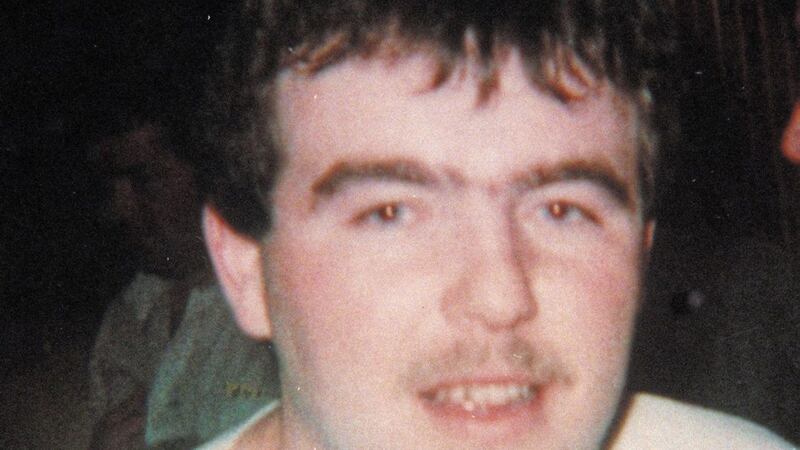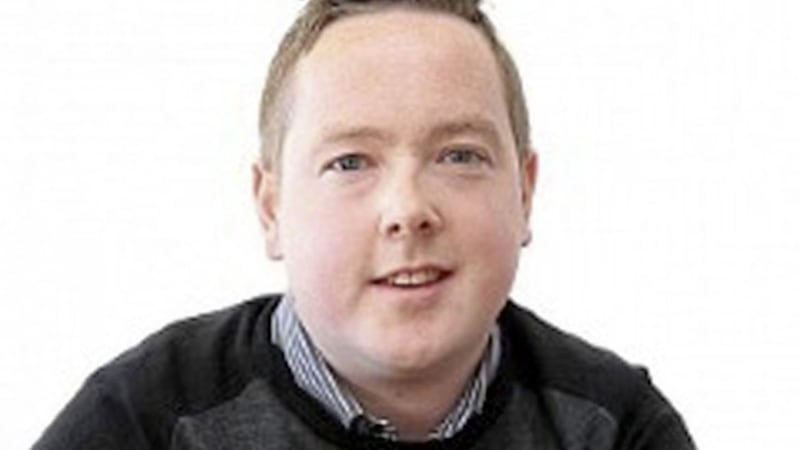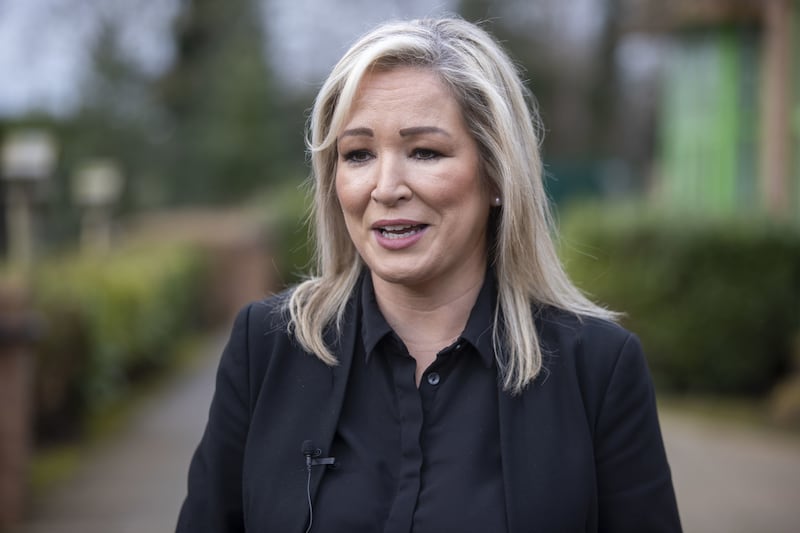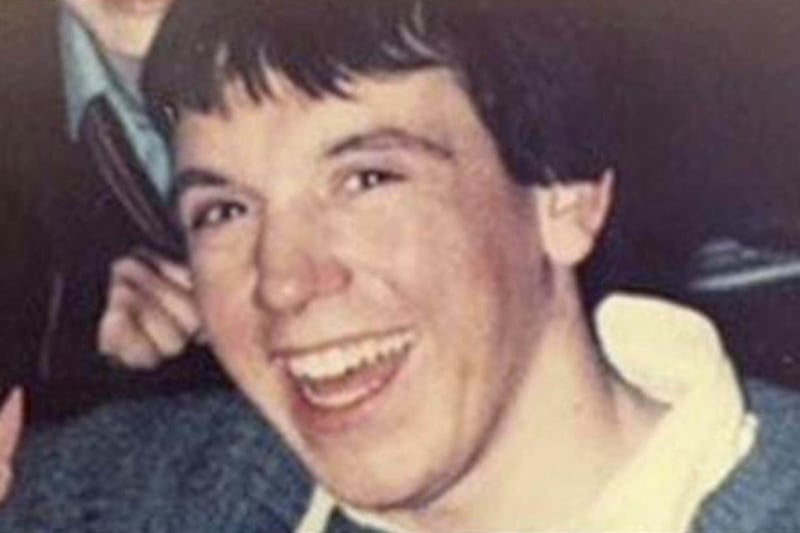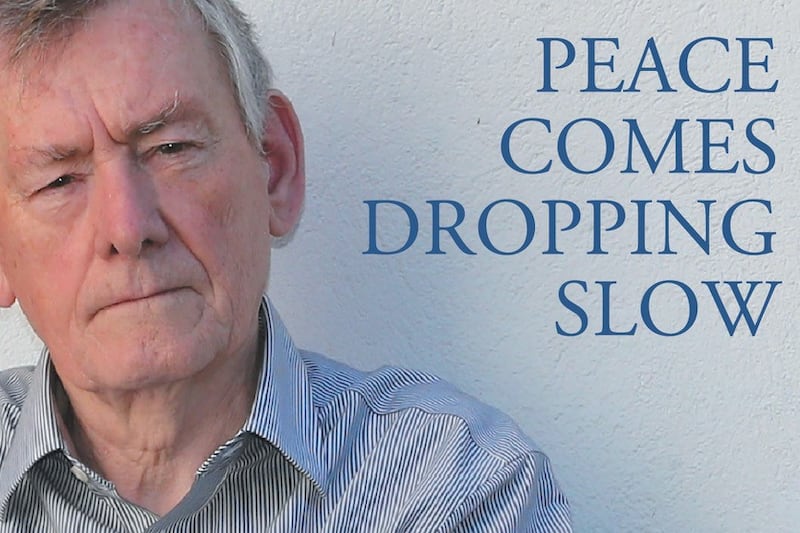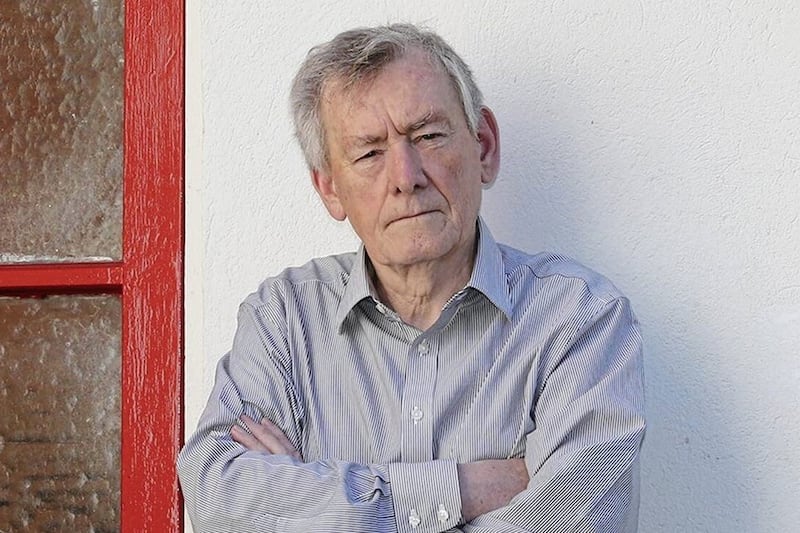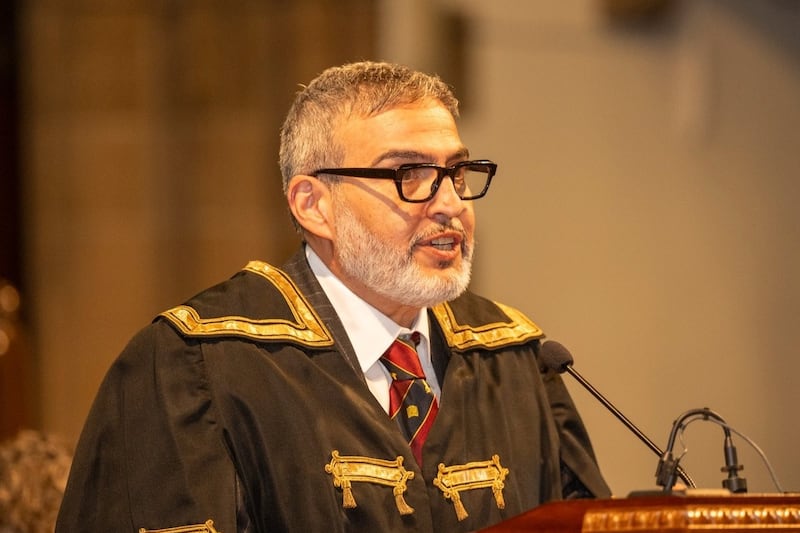A EUROPEAN court has ruled that an inquest into the British army killing of an IRA man more that 30 years ago was "thorough".
Former Sinn Féin councillor Martin McCaughey (23) was shot dead along with fellow republican Dessie Grew (37) by British soldiers in October 1990.
It is understood the men had been preparing to carry out an attack and weapons were recovered from the scene although they had not been fired.
The men's relatives believe they were victims of a shoot-to-kill operation.
In 1993 a decision was taken not to prosecute the soldiers on the basis that there was not sufficient evidence to prove they had not been acting in self-defence.
A 2012 inquest into the death of Mr McCaughey returned a finding of "lawful killing".
Mr McCaughey's sister Sally Gribben had taken a case to the European Court for Human Rights on the grounds that there had been a failure to conduct an effective investigation into her brother's death.
Ms Gribben made five specific complaints including that the coroner failed to disclose potentially relevant material to the next of kin and that he failed to take adequate steps ensure that a soldier, who lived abroad, and who had previously given evidence returned to the inquest.
This soldier is also said to have been involved in the killing of IRA man Francis Bradley, who was shot dead by the SAS in Co Derry on February 18, 1986 - 36 years ago today.
In a ruling published yesterday the court found the inquest "had undoubtedly been thorough".
The court added there were "certain weaknesses in the inquest", including "a failure to disclose to the next of kin material relating to other fatal shootings the soldiers had been involved in, the failure to recall one of the soldiers involved in the shooting to give further evidence, and the coroner’s decision not to further investigate claims that a juror had been hostile towards the next of kin".
However, the court added "it did not consider that those weaknesses, either individually or cumulatively, had undermined the inquest’s meeting of the investigation requirements of Article 2" (of the European Convention on Human Rights) - which protects the right to life.
It concluded the application was "inadmissible as manifestly ill-founded".
Ms Gribben's solicitor, Fearghal Shiels of Madden and Finucane, said: "The court has expressed concerns about the refusal of the coroner to disclose potentially relevant information in relation to the involvement of military witnesses in other fatal shooting incidents and the failure to ensure the recall of a key military witness to be examined in relation to his shooting of another man, Francis Bradley, in 1986."
"It was our contention that these matters were central issues to be determined by the jury and the inquest had been denied important evidence."
From Galbally in Co Tyrone, McCaughey was an experienced IRA operator and had served as a Sinn Féin councillor in Dungannon.
After his death former UUP MP Ken Maginnis alleged that the republican had plotted to kill him while both were councillors.
Informed sources say it was not intended that he would take part in the planned IRA operation the night he was killed but was called in “at the last minute”.
At the time he was still recovering after being injured in a shoot-out with the SAS in Cappagh, Co Tyrone.
Former republican prisoner Dessie Grew, from Charlemont, Co Armagh, was wanted at the time of his death for questioning by German authorities over the killing of an RAF corporal and his six-month-old daughter in 1989.
His brother Seamus was shot dead with fellow INLA member Roddy Carroll in December 1982 by the RUC.
Some believe the ambush was also part of a shoot-to-kill policy.
